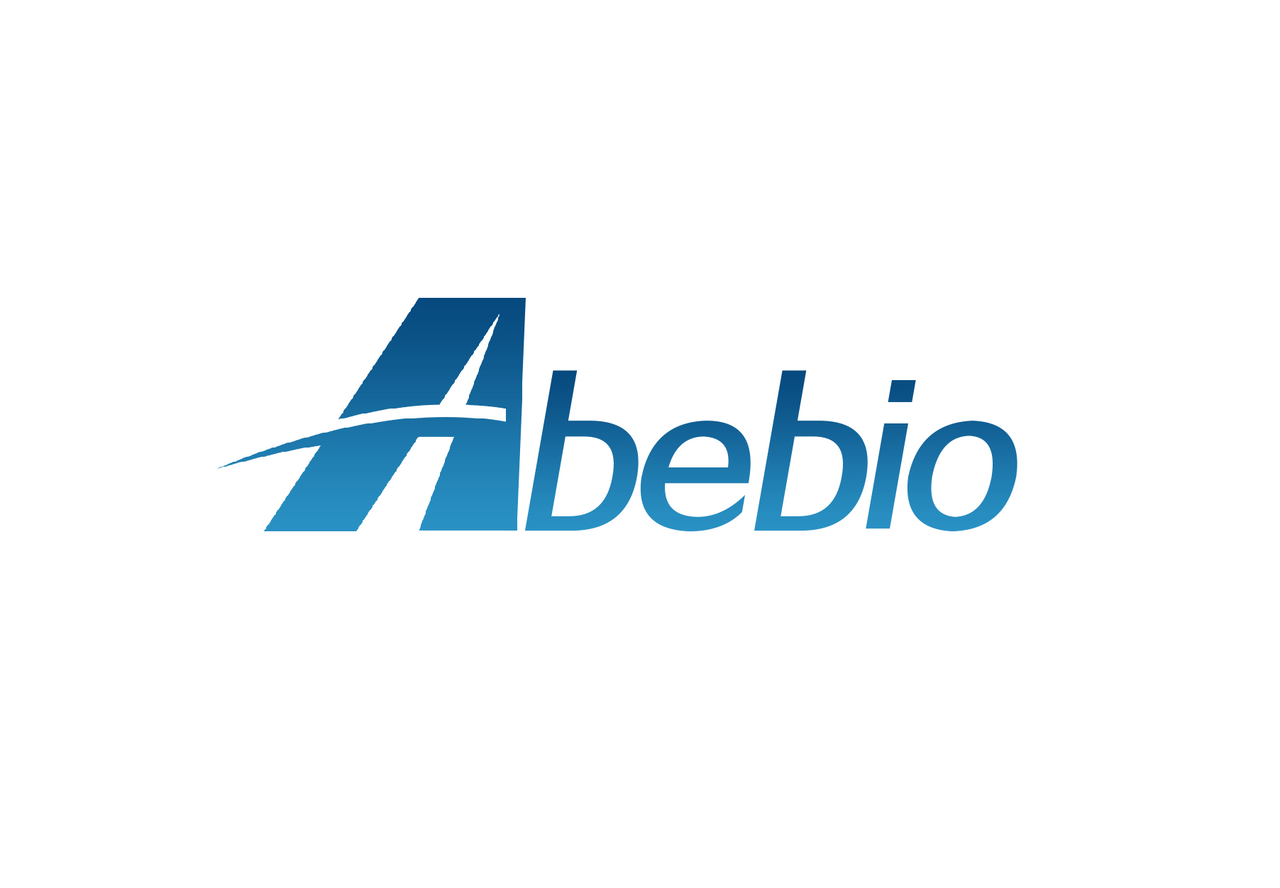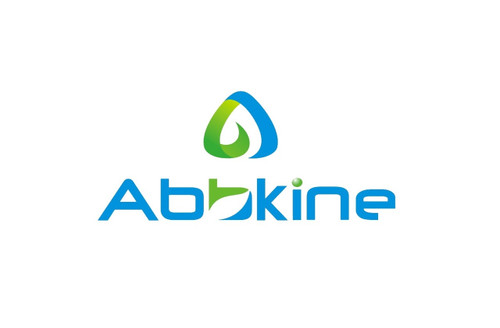Product Description
Human Muscle Skeletal Receptor Tyrosine Kinase antibody (MUSK-Ab) ELISA Kit | AE62486HU | Abebio
Species Reactivity: Human (Homo sapiens)
Abbreviation: MUSK-Ab
Alternative Name: N/A
Application: ELISA
Range: 0.156-10 ng/mL
Sensitivity: 0.055 ng/mL
Intra-Assay: ≤3.5%
Inter-Assay: ≤7.9%
Recovery: 0, 94
Sample Type: Serum, Plasma, Other biological fluids
Detection Method: Competitive ELISA
Analysis Method : Qualitative
Test Principale: This assay employs the competitive enzyme immunoassay technique. The microtiter plate provided in this kit has been pre-coated with an antibody specific to MUSK-Ab. Standards or samples are then added to the appropriate microtiter plate wells with a Horseradish Peroxidase (HRP) -conjugated MUSK-Ab and incubated. The competitive inhibition reaction is launched between with HRP labeled MUSK-Ab and unlabeled MUSK-Ab with the antibody. A substrate solution is added to the wells and the color develops in opposite to the amount of MUSK-Ab in the sample. The color development is stopped and the intensity of the color is measured.
Product Overview: MuSK (for Muscle Specific Kinase) is a receptor tyrosine kinase required for the formation of the neuromuscular junction. It is activated by a nerve-derived proteoglycan called agrin. This protein binds to several receptors on the surface of skeletal muscle. The receptor which seems to be required for formation of the neuromuscular junction (NMJ), which comprises the nerve-muscle synapse is called MuSK (Muscle specific kinase) . MuSK is a receptor tyrosine kinase - meaning that it induces cellular signaling by causing the addition of phosphate molecules to particular tyrosines on itself, and on proteins which bind the cytoplasmic domain of the receptor.In mice which are deficient for either agrin or MuSK, the neuromuscular junction does not form. Many other proteins also comprise the NMJ, and are required to maintain its integrity.
Stability: The stability of ELISA kit is determined by the loss rate of activity. The loss rate of this kit is less than 5% within the expiration date under appropriate storage condition. The loss rate was determined by accelerated thermal degradation test. Keep the kit at 37°C for 4 and 7 days, and compare O.D.values of the kit kept at 37°C with that of at recommended temperature. (referring from China Biological Products Standard, which was calculated by the Arrhenius equation. For ELISA kit, 4 days storage at 37°C can be considered as 6 months at 2 - 8°C, which means 7 days at 37°C equaling 12 months at 2 - 8°C) .
 Euro
Euro
 USD
USD
 British Pound
British Pound
 NULL
NULL








